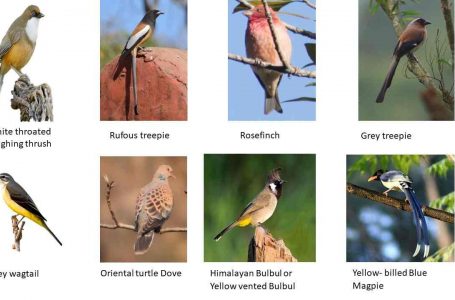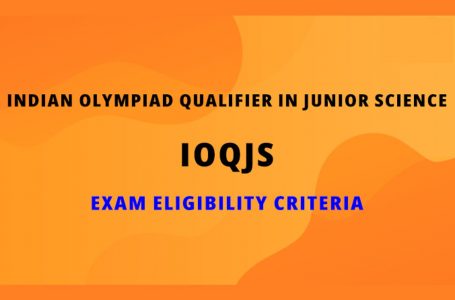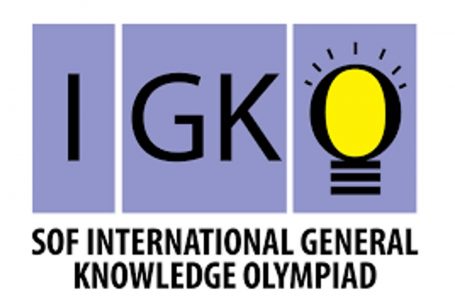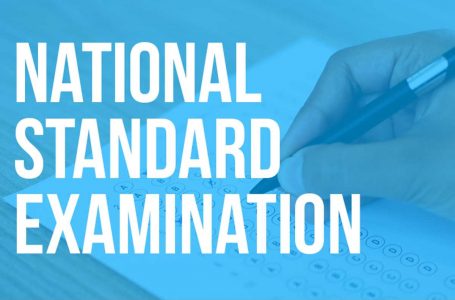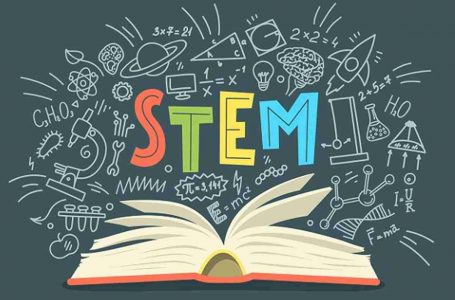NSO ( National Science Olympiad)
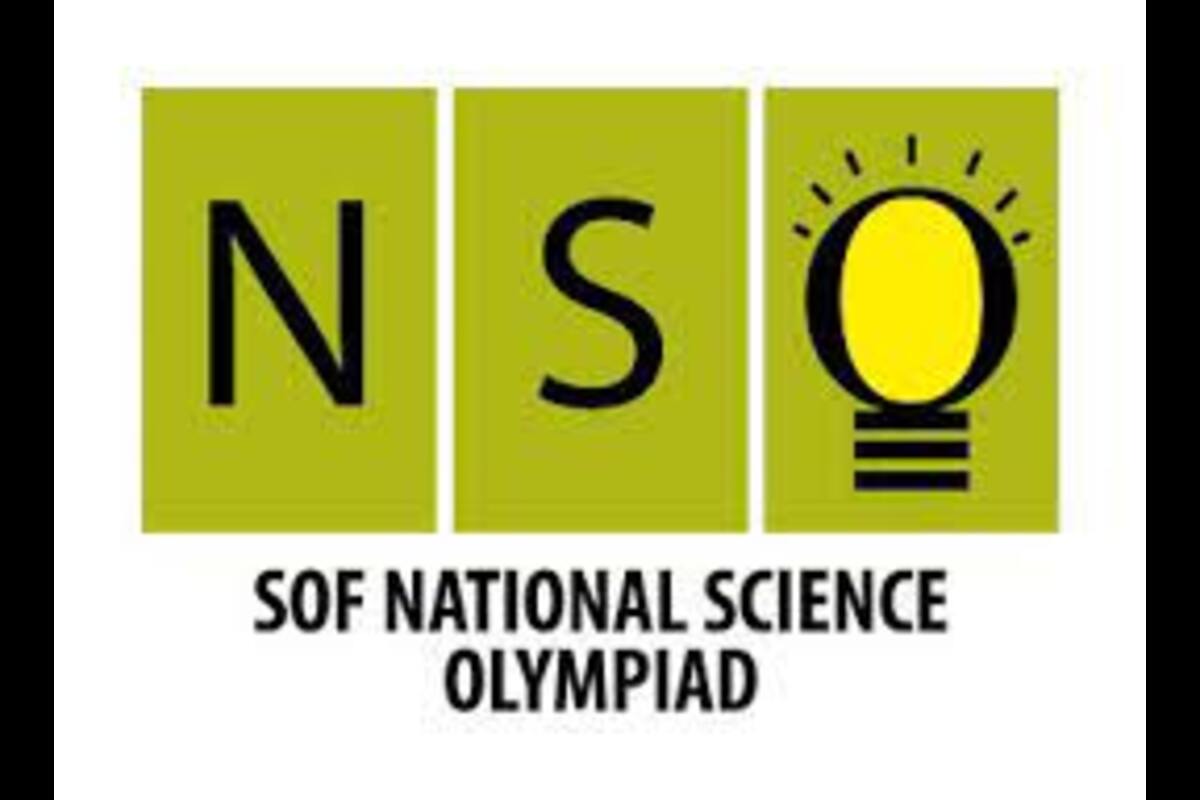
The national science olympiad is a science competition for the students of classes 1st-12th. NSO is organized by the science olympiad foundation and is set up every year and provides ample opportunities to the students. The primary aim of the National science olympiad is to find capable students having sound minds towards science and its contents. Through the exam, we see many IT professionals, scientists, technologists, etc. many school students also get qualified for the internationals and can secure great opportunities and prizes in the first place.
Table of Contents
Exam Pattern of NSO Olympiad
The science olympiad is a science exam competition conducted for the students of classes 1st-12th. It is organized by the science olympiad foundation to find the best students for future scientists, technologists, etc. the whole competition is based on the ranking system; usually, students participate in stages and qualify individually. The exam is based on the steps such as base level, state level, national level, and international level. The 1st-4th grade question paper consists of 35 questions, while the 5th-12th grade paper consists of 50 questions based on the logical reasoning, science, and achievers sections.
Eligibility of NSO Olympiad
- The national science olympiad is the national-level test organized yearly with great strength.
- The students registered by the science olympiad foundation officials are highly eligible to give this exam. Usually, schools perform the test at the base level to select students for the state level.
- Every institution sends almost their ten best students for qualifying. Only the students of classes 1st-12th can give the national science olympiad exam in schools.
- Students interested in science should participate in the exam as it provides plenty of opportunities for their future. Any recognized board students can register their names in the exam, such as CBSE, ICSE, or state board. However, students can apply for the exam only once a year.
Syllabus of NSO Olympiad
Class wise NSO syllabus is given below:
For class 1st
section 1 | spatial understanding, grouping, measuring units, odd one out, ranking test, analogy, geometrical shapes |
Section 2: | living and nonliving things, plants, animals, human beings and their needs, good habits and safety rules, air and water, weather and sky |
Section 3: | higher order thinking level questions syllabus as per section- 2 |
NSO syllabus for class 2nd
section | Pattern, measuring units, odd one out, series completion, geometrical, groups of figures, ranking test, coding-decoding, embedded figures. |
Section | Plants, animals, the human body, food, housing and clothing, family and festivals, good habits and safety rules, air, water and rocks, earth and universe. |
Section 3 | Higher order thinking questions- syllabus as per section -2. |
NSO syllabus for class 3rd
Section 1 | Pattern, analogy, mirror images, geometrical shapes, figure matrix, days and dates, possible combinations, coding-decoding, ranking test, embedded figures, alphabets test, mirror images. |
Section 2 | Plants and animals, the human body, food, housing and clothing, matter and materials, sound and forces, transport communication, earth and universe, our environment, and birds. |
Section 3 | Higher order thinking questions- syllabus as per section- 2. |
NSO syllabus for class 4th
Section 1 | Pattern, alphabet, ranking test, coding-decoding, days and dates, possible combination, analogy, direction sense test, classification, geometrical shapes and solids, embedded figures, and mirror images. |
Section 2 | Plants, animals, food and digestion, matters and materials, human needs, earth and universe, our environment, force, work, and energy. |
Section 3 | Higher order thinking questions- syllabus as per section -2. |
NSO syllabus for class 5th
Section 1 | verbal a nonverbal reasoning |
Section 2 | motion and measurements of distance, light, shadow, and reflection, electricity and circuits, fun with magnets, our environment, sorting and separation of materials, change around us, the world of living beings, body movements in animals, food and its components, fiber to fabric |
Section 3 | Higher order thinking questions- syllabus as per section -2. |
NSO syllabus for class 6th
Section 1 | verbal a non-verbal reasoning |
Section 2 | Heat, moon and time, electric current, winds, storms and cyclones, weak acids, bases and salts, physical and chemical changes, weather, climate, an adaptation of the animal to the environment, nutrition in plants, and animals, respiration in orgasm, fabric to fabric, nutrition in plants and animals, transportation in plants and animals, natural resources and their conservation, reproduction in plants, reproduction in plants. |
Section 3 | Higher order thinking questions- syllabus as per section -2. |
NSO syllabus for class 7th
Section 1 | verbal and non-verbal reasoning |
Section 2 | Crop production and management, synthetic, fiber and plastics, metals and non-metals, coal and petroleum, combustion and flames, conversion of plants and animals, cell, reproduction, and endocrine system, force and pressure, friction, sound, chemical effect of electric current, some natural phenomenon, light, stars, and solar system, pollution, air, and water. |
Section 3 | Higher order thinking questions- syllabus as per section -2. |
NSO syllabus for class 8th
Section 1 | verbal and non-verbal reasoning |
Section 2 | : motion, force, and laws of motion, gravitation, work and energy, sound, matter, and surrounding, is matter around us pure, the structure of atoms, atoms, and molecules, cell- the fundamental unit of life, tissues, diversity in living organisms, why do we fall ill, natural resources, improvement in food resources. |
Section 3 | Higher order thinking questions- syllabus as per section -2. |
NSO syllabus for class 9th
Section 1 | verbal and non-verbal reasoning |
Section 2 | Chemical reaction and equation, acids, bases and salts, metals and non-metals, carbon and compounds, periodic classification of elements, life processes, control and coordination, reproduction in organisms, hereditary and evolution, light-reflection and refraction, human eye and colorful world, electricity, magnetic effect and electric current, sources of energy, our environment, and its management. |
Section 3 | Higher order thinking questions- syllabus as per section -2. |
NSO syllabus for class 10th
Section 1 | Logical reasoning physics: units and measurements, mechanics, properties of matter, heat and thermodynamics, oscillation, waves. |
Section 2 | Higher order thinking questions- syllabus as per section -2. |
Section 3 | sets, relations and functions, principles of mathematical induction, logarithms, complex number and quadratic equations, linearinequations, sequence and series, trigonometry, straight lines, conic equation, statics, mathematical reasoning, limits and derivatives, probability, introduction to 3-D geometry |
NSO syllabus for class 11th
Section 1 | physics- electricity and magnetism, electromagnetic induction, alternating current, electromagnet waves, optics, modern physics, semiconductor physics, communication systems |
Section 2 | Higher order thinking questions- syllabus as per section -2. |
Section 3 | Reproduction, genetics and evolution, biology in human welfare, biotechnology, ecology. |
NSO syllabus for class 12th
Rank | Awards | Number of awards |
1st | INR 50,000+ gold medal + certificate | 12 |
2nd | INR 25,000+ silver medal | 12 |
3rd | INR 10,000+ bronze medal + certificate | 12 |
NSO Awards
Awards for level two performance and classes one and two
At international level
Rank | Awards | Number of awards |
1st | INR 5000 + gold medal + certificate | 312 |
2nd | INR 2500+ silver medal + certificate | 312 |
3rd | INR 1000 each + bronze + certificate | 312 |
4th to 10th | A gift worth Rs 500 + certificate of zonal excellence | 2184 |
11th to 25th | Certificate for zonal excellence | 4680 |
26+ rank | Merit certificate | All |
At zonal level
[wptb id="4387" not found ]Awards for school
At international level
Category | Awards | Number of awards |
Best principle | INR 25000+citation Trophy | 10 |
Best teacher | INR 10000+ Citatrion trophy | 10 |
At zonal level
Category | awards | Number of awards |
Best principle | INR 10000+ citation trophy | 130 |
Best teacher | INR 50000+ Citation trophy | 78 |
At district level
Category | Awards | Number of awards |
Best principle | INR 2500+ citation trophy | 500 |
Best teacher | INR 1000+ citation trophy | 400 |
NSO RESULT
The science olympiad foundation announces the examination result after almost eight weeks of conduction. The result is declared both online and offline; students can visit the web result in development for school for easy access.
- To check the result of your examination, you should maintain the proper password and profile.
- The results will be visible on the student profile. The Olympiad in India is organized by the Indian talent Olympiad in the respective subjects such as science, maths, English, biology, physics, chemistry, etc.
- The passwords are made with mobile numbers for further result verification and registration. Exams are conducted during September, and later the result of level 1 is declared at the end of December, while level 2 declaration is made in the month of march or April.
- Students will be given their roll numbers, admit cards, and other essential documents.
NSO REGISTRATION
Registration for the international Science olympiad is open for the students of classes 1-12 grade of any associate school. Many schools in India provide free registration as they are registered in the Othe Olympia session. Participants can skip paying any fee for the designation of centers. Any participants can register in these Olympiad games as all are eligible. The information regarding exams and registration is given on the official website. There are no such marked eligibility criteria, and the only requirement is that the student must be a student of classes 1st-12th. After this, participants can register for the form, which contains essential information. After completing the process of submission of fees and registration forms, the students are recognized with admit cards and center cards. After you receive all the documents, you are ready to give the exam.
FAQs
- How many stages are there in NSO?
Ans: There are two levels of examination.
- How many questions are there in no?
Ans: There are 35 questions in the NSO exam.
- Who are eligible for NSO?
Ans: Any student from 1-12 is eligible to give the exam.
- How many students appear in NSO?
Ans: Approximately 56000 students appear in the NSO exam every year.
